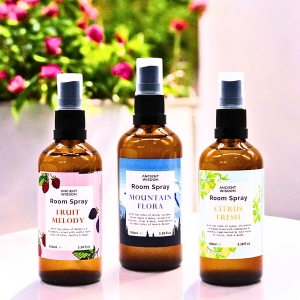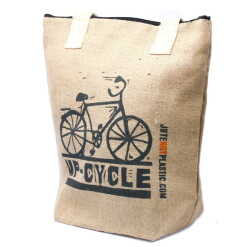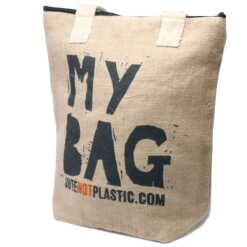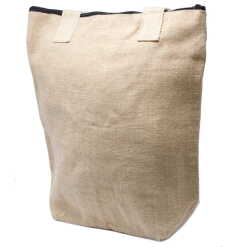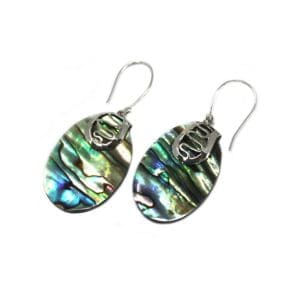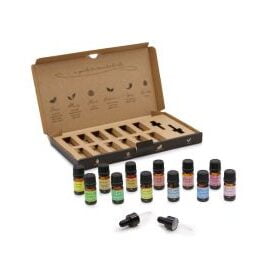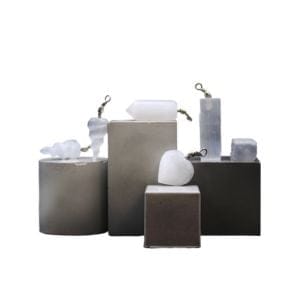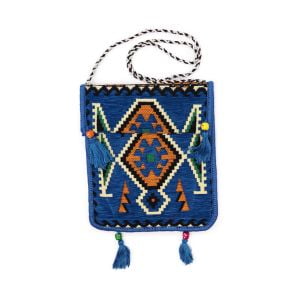plastic or jute?
Jute bags offer a more eco-friendly alternative to plastic bags. They are made from renewable resources, require less processing, and are naturally biodegradable.
By choosing jute bags, you can help contribute to a more sustainable future.
a question for us all to ponder: plastic or jute?
Jute bags offer several significant ecological benefits compared to traditional plastic bags or even some other reusable options:
Biodegradability: Jute is a natural fibre that comes from the jute plant. Unlike plastic bags, which can take hundreds of years to decompose in landfills, jute bags break down naturally over time without harming the environment, you can even compost them yourself.
Reduced Reliance on Fossil Fuels: Plastic bag production relies heavily on non-renewable fossil fuels. Jute, on the other hand, is a renewable resource that requires minimal processing. This translates to a lower carbon footprint throughout the lifecycle of a jute bag.
Sustainable Cultivation: Jute plants grow quickly and require minimal water compared to crops like cotton. Additionally, jute cultivation often doesn’t necessitate harsh pesticides or fertilisers, making it a more sustainable agricultural choice.
Carbon Sequestration: Jute plants absorb carbon dioxide from the atmosphere as they grow, which helps mitigate climate change by offsetting greenhouse gas emissions.
Durability and Reusability: Jute bags are able to withstand a lot of wear and tear. This translates to less overall waste compared to single-use plastic bags.
Jute bags offer a more eco-friendly alternative to plastic bags. They are made from renewable resources, require less processing, and are naturally biodegradable.
By choosing jute bags, you can help contribute to a more sustainable future.












